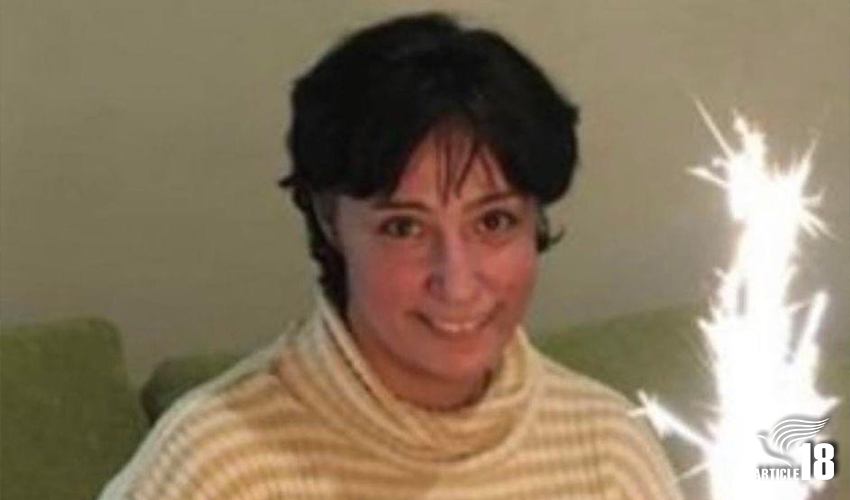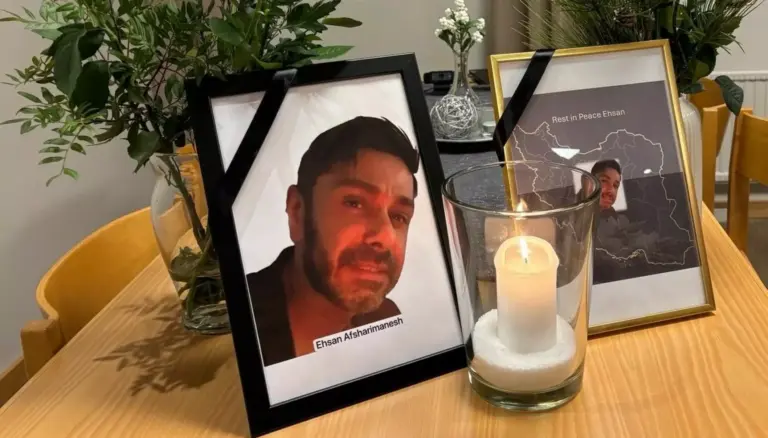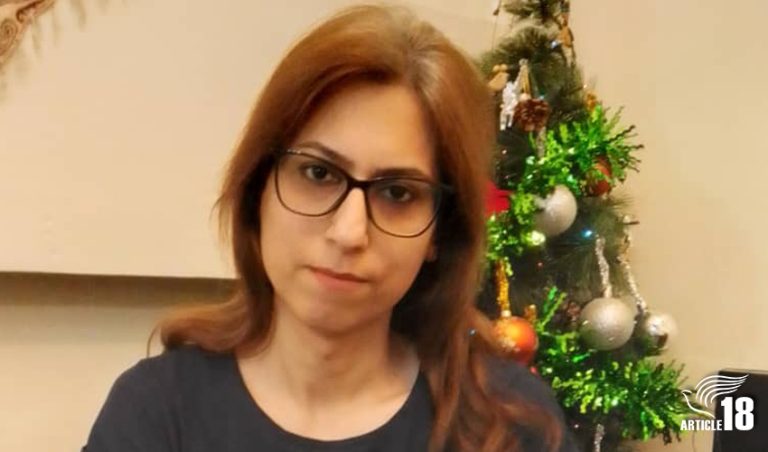An Iranian-Assyrian woman has been released on bail after more than a month in detention in Tehran’s notorious Evin Prison as a result of her support for the popular protests.

Bianka Zaia, 38, was arrested on the evening of 26 November by plainclothes officers who raided her home and confiscated items including her Bible and other Christian items.
She was then taken to Evin Prison and reportedly held in the infamous Ward 209, reserved for political prisoners, until her release on New Year’s Eve.
Assyrians, alongside Armenians, are recognised as Christians by the regime and permitted relative freedom to worship, although their church services are heavily surveilled and they are strictly prohibited from proselytising.
Those who fail to adhere to these restrictions are arrested and imprisoned, such as Victor Bet-Tamraz and Joseph Shahbazian.
Assyrians and Armenians have long been used by the regime as evidence of alleged religious freedom for Christians in Iran, and as such they are a very significant propaganda tool for the regime.
In keeping with this, late last year Iran’s Ministry of Intelligence pressured senior church figures and politicians to make statements critical of the protests, while 50 Assyrian youths who had either participated in or stated support for the protests online were warned they faced arrest.
Bianka is understood to have posted messages on her own Instagram account – which has since been closed – in support of the protesters and also of the exiled Crown Prince, who has garnered some support among those seeking regime change.
And alongside charges related to her support for the protests, Article18 understands that Bianka faces charges of “propaganda against the state through proselytising Christianity”, which could lead to a sentence of up to five years in prison.
Bianka, whose family are reported to have been threatened during her detention, is the niece of Robert Gogtapeh, the former pastor of a Protestant church in Tehran, before it was forcibly closed down by the regime in 2012 during a crackdown on churches across the country which offered services in the national language of Persian (as opposed to Assyrian or Armenian).
There are now only four remaining Persian-language churches in Iran, ministering to Iranians who can prove they were Christians before the Islamic revolution of 1979.
New members are strictly forbidden, so the overall membership of these churches dwindles year on year and is now less than 100 across all four churches.
Meanwhile, Covid restrictions placed upon the churches during the height of the pandemic have yet to be lifted, meaning that in reality today there are no legally-permitted Persian-language services taking place in Iran.
More information about this issue can be found on our #Place2Worship page, where we campaign for the rights of Persian-speaking Christians in Iran to be given a place to worship.




0 Comments